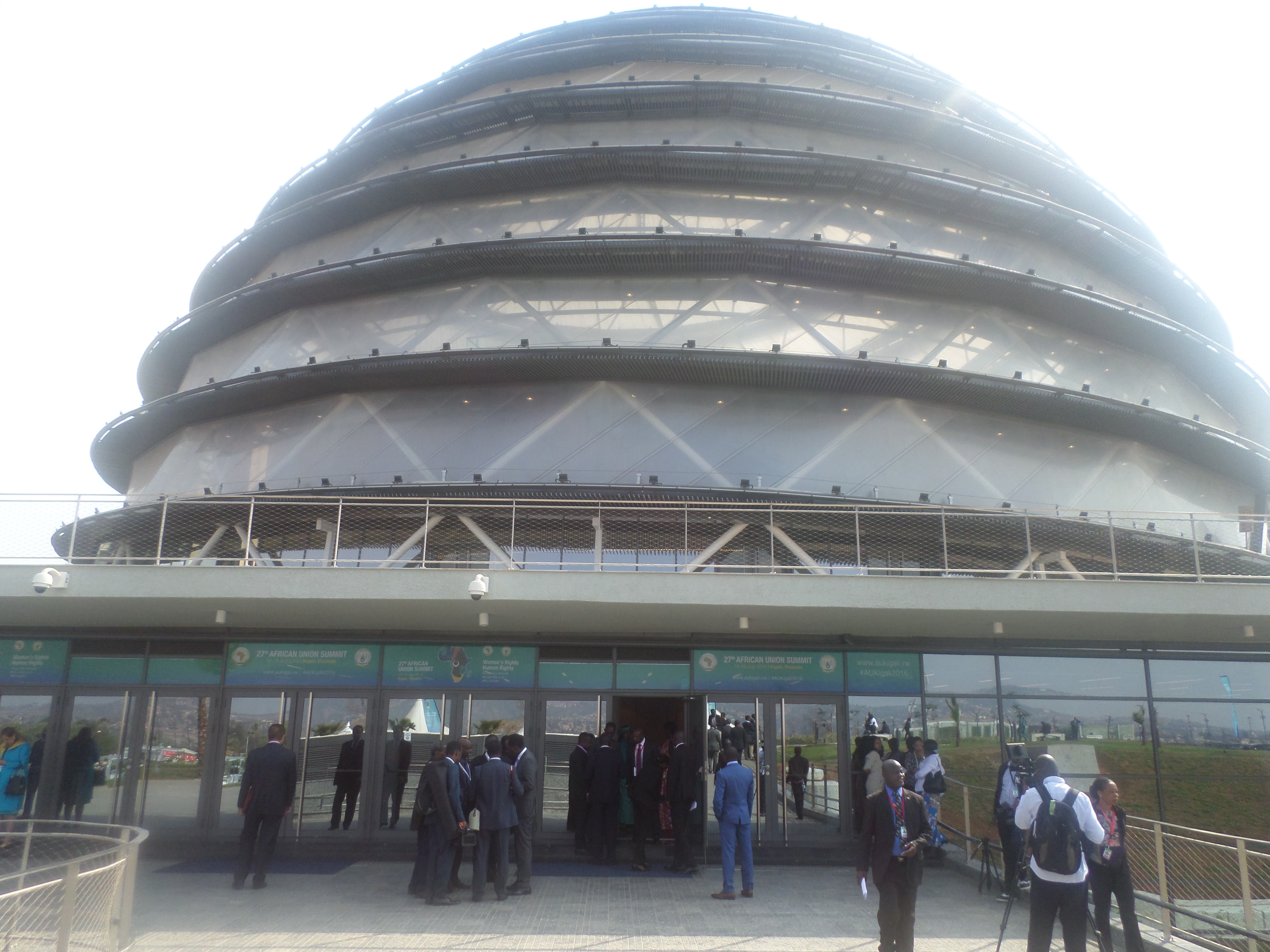KIGALI (HAN) July 17.2016. Public Diplomacy & Regional Security News. By Charles Onyango-Obbo. The African Union meeting came to East Africa this week for the first time in a long time, gathering in Kigali.

Unfortunatel,y our neighbourhood was not smelling nice. South Sudan, which seemed to be eventually returning to peace after Riek Machar emerged from the bush or wherever he was to join the national unity government as vice president in Juba in April, fell down the hole
A clash between troops loyal to Machar and President Salva Kiir quickly degenerated into four days of slaughter, in which more than 300 people were killed.
Burundi, a stone’s throw away from where the AU was meeting, remained stuck in political limbo, following the episode of violent madness that befell it after President Pierre Nkurunziza made his third term power grab last year.
It was also an interesting contrast in how very different presidential characteristics can result in the same nasty outcome.
Nkurunziza is religious, abstemious, plays football, and digs in the garden in his village home.
Kiir doesn’t exercise, or know what a garden looks like anymore, and according to a rather depressing account that was published in African Arguments, is a slave to the bottle.
The article also alleged that Kiir is beholden to the powerful Army Chief of Staff Paul Malong, the architect of the brutality witnessed in the country over the past two years.
And, as proof, when recently Kiir took a new wife, Malong offered to pay his bride wealth.
And so there, too, Nkurunziza is a monogamist, and Kiir polygamist.
Beyond the foibles of the politicians, at Africapaedia we looked at the patterns of South Sudan-like breakdown in Africa, because in many ways they are more heartbreaking than events in Burundi.
Nine countries in Africa descended into civil war or were hit by rebellions within five years of gaining freedom. In four of them – Sudan, DR Congo, Angola, and Kenya with the Shifta War – there was no break. War continued from day one of Independence.
In Algeria, it took one year, Mali two, Mozambique two, Zimbabwe three, and Chad five.
In many ways, then, it shouldn’t have been entirely surprising that South Sudan descended into bloodletting within two years of Independence. It did “better” than Kenya in that regard.
With hindsight, the problem is that not enough was done to respond to the real danger that there would be a return to war.
For the East African Community, and the African Union broadly, there are lessons that should be taken away from this.
We struggle to bring peace once wars have broken out, and even when an end is engineered, the cost will have been too high.
It may help to invest more in preventing the wars from happening in the first place, which would require creating institutions, and tools, to foresee risk and provide early warnings. If it can be done for famines, surely it is more urgent to do so to prevent mass murder.
Disgraced former Fifa chief Sepp Blatter is alleged to have tried to bribe Nkurunziza out of office with a juicy position in world football, but he didn’t play along.
People like Kiir, who don’t seem to have any other talents, may be difficult.
But the only way the region can find out which early political warning mechanism works, is to first try something.
Charles Onyango-Obbo is publisher of data visualiser Africapaedia and Rogue Chiefs. Twitter@cobbo3

Leave a Reply